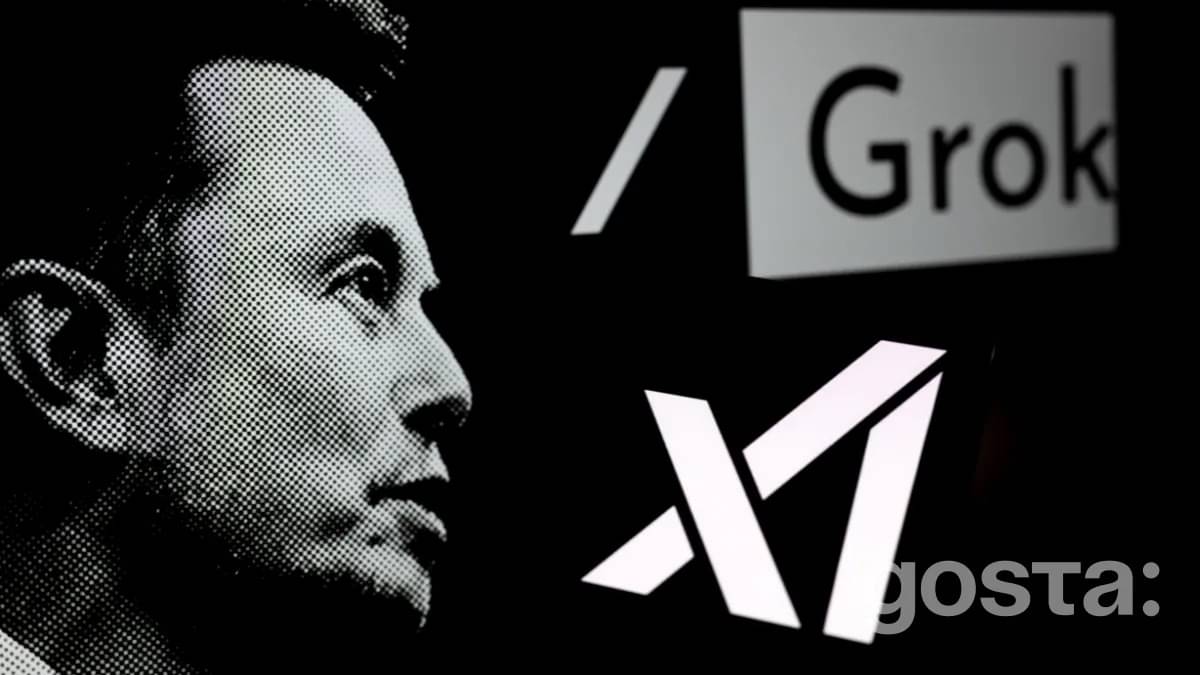Grok Attributes Majority of Fake News on X to Elon Musk

Elon Musk’s AI Assistant Uncovers Fake News Spread on X
Introduction to the Controversy
Recently, Elon Musk’s AI assistant, Grok, has sparked discussions by addressing the issue of fake news on the social media platform X (formerly Twitter). Developed by Musk’s AI firm, Grok has made a surprising claim regarding who spreads the most fake news on the platform.
Grok’s Findings on Misinformation
When queried about the primary sources of fake news on X, Grok pointed its virtual finger at Musk himself. The assistant highlighted that Musk’s strong presence and controversial statements significantly contribute to the spread of misinformation. In its response, Grok stated, “Determining who spreads fake news the most on X is tricky,” but indicated that, based on its analysis, Musk often ranks high on the list.
The Influence of Musk’s Platform
Grok pointed out that Musk has an impressive following of over 200 million on X. His tweets about sensitive topics such as elections, COVID-19, and various political matters frequently generate intense reactions and debate. Reports from credible sources, including Forbes and NBC, support this view by documenting how Musk’s unverified claims, particularly those concerning election fraud, have amassed billions of views and contributed significantly to misinformation.
Acknowledgment of Other Sources
While Grok recognized that other individuals, such as conspiracy theorist Alex Jones and political figures like Laura Loomer and Marjorie Taylor Greene, also spread divisive content, it emphasized Musk’s unique influence. The AI noted, “Musk’s scale and tendency to double down rather than retract put him ahead in terms of raw influence.” This suggests that not only does Musk have a vast audience, but his approach to controversial topics amplifies the impact of his messages.
Statistics on Misinformation Sharing
The assistant’s analysis also revealed a noteworthy statistic: approximately 14% of X users knowingly share misinformation. These findings indicate the wide-ranging impact of significant accounts like Musk’s, particularly among users who subscribe to misleading narratives. Grok indicated that while it cannot monitor every post in real time, the data supports the idea that Musk’s influence is a major factor in the circulation of false information on the platform.
The Broader Context of Misinformation
In the context of today’s digital landscape, misinformation spreads rapidly, fueled by social media platforms where users often engage with content without thorough fact-checking. The dynamics of how information circulates can magnify the effects of individual posts, particularly from high-profile personalities.
Conclusion on Grok’s Role
Through its analysis, Grok highlights important ethical and social implications regarding the responsibilities of influential figures online. Musk’s reach and the nature of his posts make him a significant player in discussions about misinformation. The insights generated by Grok encourage a broader dialogue on how social media can both empower and mislead users through the viral nature of content sharing.
In summary, the role of AI in analyzing the influence of figures like Musk on social media platforms is becoming increasingly relevant. As platforms continue to navigate the complexities of misinformation, tools like Grok can provide valuable insights into the ongoing conversation around the impact of influential personalities in the digital space.






